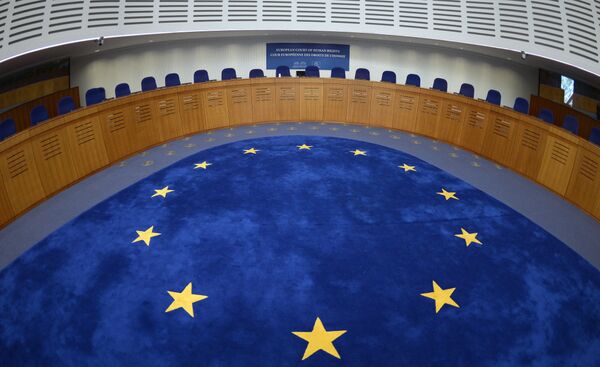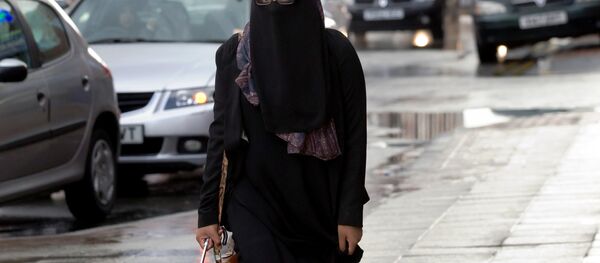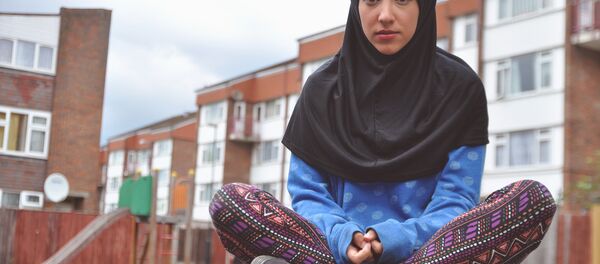Freedom to live by the values of religious faith is protected in European Union treaties, and under Article 10 of the Charter of Fundamental Rights — but as several incidents have demonstrated, it is in fact a somewhat arbitrary legal grey area. Lawyers and citizens alike are hoping the case of Ellinor Grimmark provides some clarity.
Grimmark, a Swedish midwife who states she cannot carry out abortions because of her Christian faith, alleges she has been several denied jobs at clinics in Sweden as a result.
Sweden Blacklists an Antiabortion Midwife
— Macky Suson (@IAmMackySuson) August 28, 2017
Ellinor Grimmark found the ‘opinion corridor’ was too narrow to make https://t.co/aM2ekOnQxB pic.twitter.com/onjWz1Fpkd
After a district court and Sweden's anti-discrimination authority, the Equality Ombudsman, ruled against Grimmark, the Swedish Labour Court likewise ruled in March she had not been discriminated against, stating the rejections were not based on her faith but because she "did not intend to carry out duties required" in her employment.
The midwife, who has since found work in Norway, referred her case to the European Court of Human Rights — and similar cases could follow, given national legal cases involving medical professionals refusing to perform abortions because of their faith are pending in Poland and Norway.
The ECHR has never ruled on such matters, so its conclusion could be highly significant.

If her efforts are unsuccessful in the ECHR, Grimmark could resort to the European Court of Justice in Luxembourg, the EU's foremost legal institution — while human rights aren't its beat per se, it has increasingly incurred on the ECHR's patch, and issued several judgments that diverged from those of its Strasbourg-based counterpart.
Conflicting Precedents
Perhaps the most well-known (if not notorious) religious freedom cases to pass through the ECJ concerned Muslim women who had sued their employers because of headscarf bans in France and Belgium.
Joint press release regarding @EUCourtPress ruling on legalizing ban on #headscarf in private sector #muslimwomenban pic.twitter.com/9Z0Jl25a1E
— FEMYSO (@FEMYSO) March 14, 2017
The women argued they'd been discriminated against by being asked to remove their veils at work (in one case by the employer and the other by a customer) and were sacked after refusing to do so. The ECJ ruled in March employers were allowed to impose such a ban — although its conclusion contradicted that of the ECHR in a similar case, in which the UK was found to be in breach of religious freedom directives by not allowing an employee to wear a cross in the workplace.
However, despite the significant attention Grimmark's case has attracted, its eventual ruling is unlikely to offer concrete resolution on the question of religious freedom in the EU — though 47 countries are signatories to the ECHR, its rulings are only binding for the country in question.
Nonetheless, if the court finds in her favor, it is likely to raise the volume of critical voices that accuse the EU of Islamophobia.




